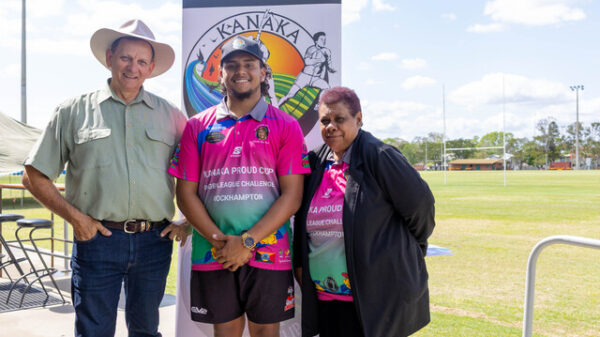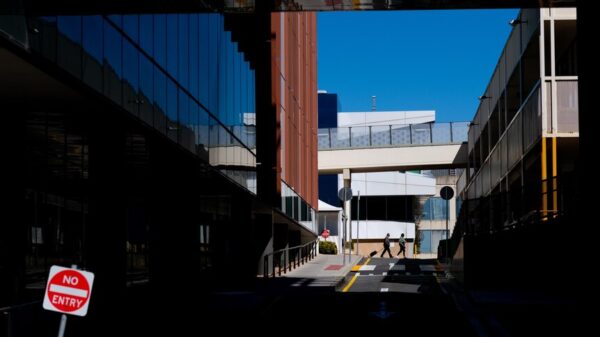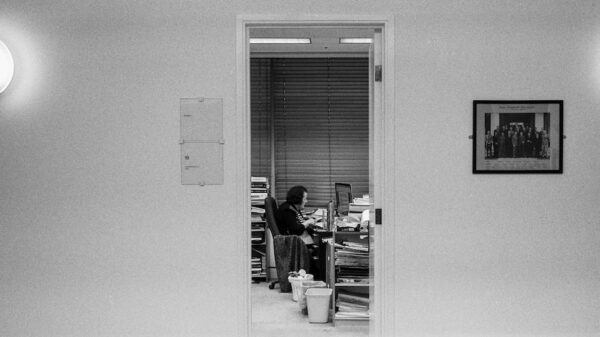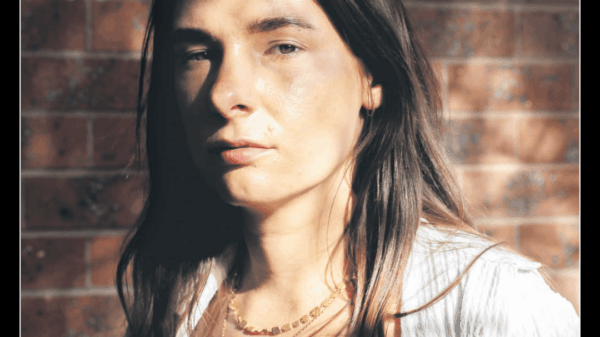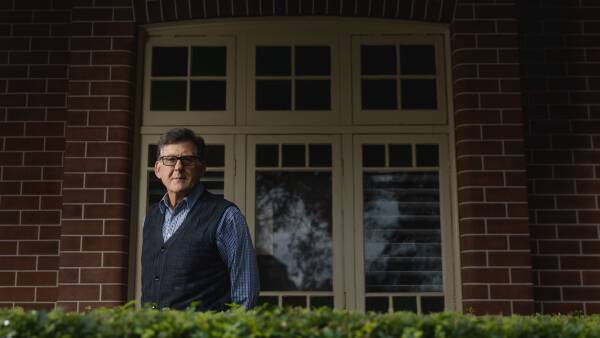Year 2 students from Kalumburu Remote Community School embarked on an enriching two-day astronomy camp at Honeymoon Bay as part of National Science Week. This unique event allowed students to engage with science, culture, and adventure in a picturesque coastal setting.
During the camp, students utilized telescopes to observe celestial bodies, captured images of constellations, and even operated a drone to enhance their learning experience. Deputy Principal Samantha Wright characterized the camp as “a powerful blend of science learning, cultural understanding and real-life experiences,” reflecting the multifaceted approach to education.
Exploring Culture and Nature
Under the guidance of local elders, the students explored significant rock art sites, learning about traditional stories related to the land and the skies. These interactions provided a profound connection to their heritage and a deeper understanding of the cultural narratives that shape their community.
Daytime activities were equally engaging, featuring fishing excursions and cooking seafood over hot coals on the beach. Students also tasted the unique boab fruit, a local delicacy, and had opportunities to observe various wildlife in their natural habitat.
As evening fell, students gathered around campfires to share stories and toast marshmallows while listening to local community members narrate tales from their culture. This blend of science and cultural education fostered a sense of community among the participants, highlighting the importance of both disciplines.
The astronomy camp not only reinforced scientific concepts but also nurtured a sense of identity and belonging among the students. By combining hands-on learning with cultural heritage, the event exemplified an innovative approach to education that resonates beyond traditional classroom settings.
Overall, the camp offered a memorable experience for the students, blending learning with adventure in a setting that celebrated both nature and culture.




